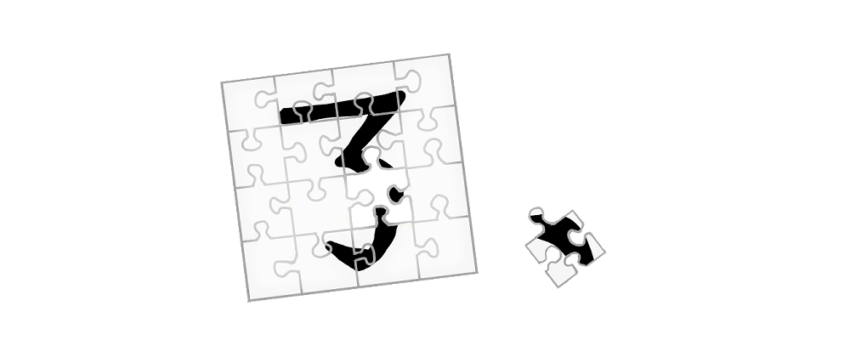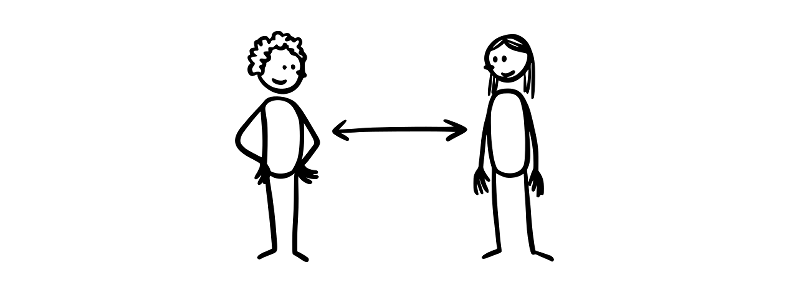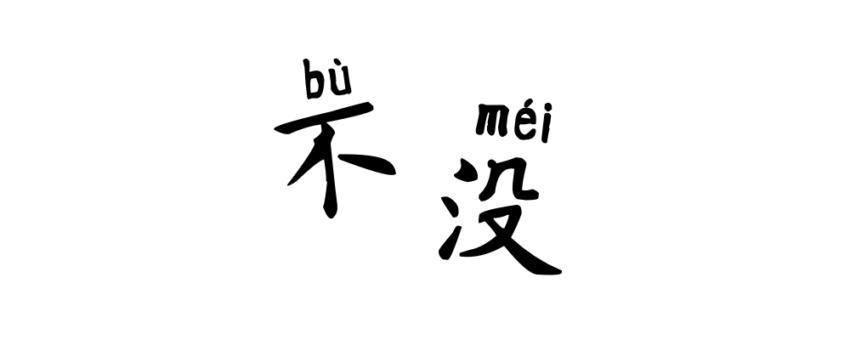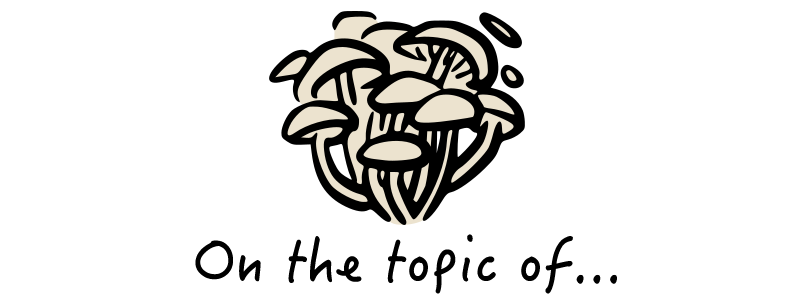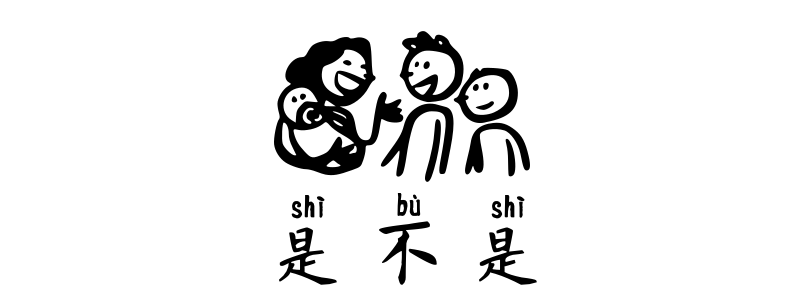Grammar Point:In Chinese, 更 gèng is used to indicate a higher degree or intensity, often translated as “even more” or “more” in English. It is typically used before an adjective or verb to intensify the degree of that adjective or verb. Structure S + 更 + Adjective/Verb 我wǒ更gèng想xiǎng吃chī日本rìběn菜cài我wǒ更gèng想xiǎng吃chī日本rìběn菜càiI’d rather have Japanese food. 我wǒ更gèng不bù懂dǒng你nǐ在zài說shuō什麼shénme了le我wǒ更gèng不bù懂dǒng你nǐ在zài说shuō什么shénme了leI’m even more…
Author: tiffany
About to – 快 kuài…了 le
Grammar Point:The sentential 了 often appears in sentences with adverbs, indicating that something will happen soon. It suggests an imminent change of state. Before you read this post, please make sure you have known what is 了1, 了2, and 了3.If you are not sure about it, you can check this article: 了 Part1 了2 (Sentence particle 了)…
From The Past Until Now – Double 了 le
Grammar Point:The double 了 le + time-duration or number-quantity patterns indicate the completion of an action up to the time of speaking. The action may or may not continue, depending on the context. Before you read this post, please make sure you have known what is 了1, 了2, and 了3.If you are not sure about…
Time Duration 了 le
了1 (Verb-suffix了) S + V + 了 + (O) It means the action is complete and it should always be placed immediately after the verb. Here comes the tricky part. Is using 了1 equivalent to the past tense in English?The answer is NO! There is no past tense in Chinese. But we use “le” to indicate a completed action. Therefore, there…
Same – 跟 gēn…一样 yíyàng
Grammar Point:The way to express comparisons in Chinese is by using 比 bǐ. However, when expressing “as same as,” there’s no need to use 比 bǐ anymore. Instead, we use 跟 gēn or 和 hé. Structure 1 A + 跟 or 和 + B + 一樣样 or 相同 When you want to state that two…
Negation – 不 bù and 沒 méi
Grammar Point: In Chinese, both 不 bù and 沒没 méi are used to express negation, but they are used in different contexts. Noun SV (Adj) Verb 不 bù ❌ ✅ ✅ 沒 méi ✅ ❌ ✅ When it goes with a noun Always use 沒没 méi 我wǒ沒méi工作gōngzuò、 沒méi錢qián、 沒méi未來wèilái, 只zhǐ想xiǎng當dāng米蟲mǐchóng我wǒ没méi工作gōngzuò, 没méi钱qián, 没méi未来wèilái, 只zhǐ想xiǎng当dāng米虫mǐchóngI have no…
On the topic of…
Grammar Point:In Chinese, the phrases “在 zài… 方面 fāngmiàn”, “在 zài… 上 shàng”, “在 zài… 中 zhōng”, and “在 zài… 下 xià” are often used to introduce topics or specify aspects of a discussion. Structure 在 zài… 方面 fāngmiàn This phrase is used to talk about specific aspects or fields. It can be translated as…
Making Question with 是不是 shìbúshì
Grammar Point:In Chinese, the phrase 是不是 shìbúshì is commonly used to form “yes-no question” or to seek confirmation from someone. It is equivalent to the English phrase “isn’t it?” or “right?” Structure Statement + 是不是 shìbúshì In this pattern, the speaker is seeking confirmation for information that is already known or evident from the context….
Generally Speaking in Chinese
Grammar Point:“Generally speaking” in Chinese can be expressed as 一般來說来说 yìbānláishuō. Examples 一般來說yìbānláishuō, 早餐zǎocān吃chī雞蛋jīdàn會huì讓ràng你nǐ一yì整天zhěngtiān都dōu有yǒu精神jīngshén一般来说yìbānláishuō, 早餐zǎocān吃chī鸡蛋jīdàn会huì让ràng你nǐ一yì整天zhěngtiān都dōu有yǒu精神jīngshénGenerally speaking, eating eggs for breakfast will keep you energized all day. 一般來說yìbānláishuō, 貓咪māomī比bǐ狗狗gǒugǒu更gèng喜歡xǐhuān獨處dúchù, 但dàn我wǒ的de狗gǒu不bú太tài一樣yíyàng一般来说yìbānláishuō, 猫梦māomèng比bǐ狗狗gǒugǒu更gèng喜欢xǐhuan独处dúchù, 但dàn我wǒ的de狗gǒu不bú太tài一样yíyàngGenerally speaking, cats prefer to be alone more than dogs do, but my dog is different. 一般來說yìbānláishuō, 我wǒ會huì在zài網站wǎngzhàn上shàng更新gèngxīn一些yìxiē中文zhōngwén練習liànxí材料cáiliào, 幫助bāngzhù學生xuéshēng準備zhǔnbèiHSK 考試kǎoshì一般来说yìbānláishuō, 我wǒ会huì在zài网站wǎngzhàn上shàng更新gèngxīn一些yìxiē中文zhōngwén练习liànxí材料cáiliào, 帮助bāngzhù学生xuéshēng准备zhǔnbèiHSK 考试kǎoshìGenerally speaking, I…
Doing Sth More or Less in Chinese
Grammar Point:In Chinese, to express doing something “more” or “less,” you can add 多 duō or 少 shǎo and use the following structures. Doing Something More – 多 duō + V 一點点 yìdiǎn is commonly used to modify objects in this context. This structure can refer to events in both the past and the future,…

